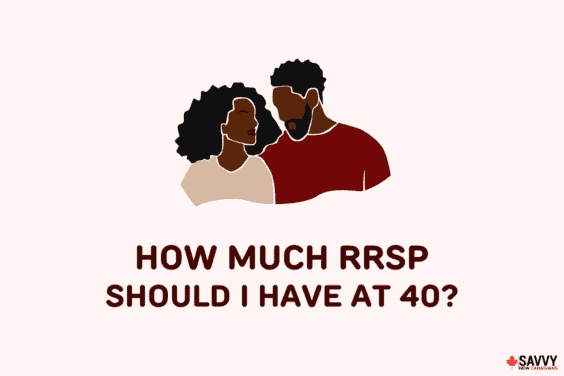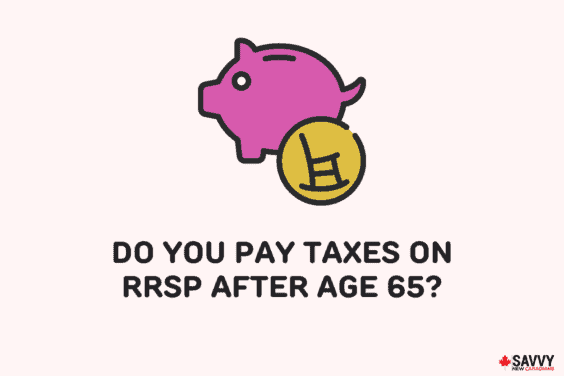One question I have gotten from readers is whether you can qualify for Canada Pension Plan (CPP) benefits if you have never worked in Canada.
In general, the answer is ‘No.’ To receive CPP benefits, you must have contributed to the plan during your working years.
This is unlike the Old Age Security (OAS) pension, which is available to eligible seniors aged 65 and older, even if they never worked.
That said, there are some scenarios where you, your spouse, or your children may qualify for CPP benefits without making contributions to the CPP.
How You May Qualify For CPP If You Never Worked
You may qualify to receive CPP benefits following a divorce due to CPP credit splitting.
Even if one of the spouses did not work or contribute to the CPP, they may be able to share the CPP credits of their former spouse evenly based on how long they lived together.
You can only apply for a credit split following a “divorce, legal annulment, separation from a legal marriage or common-law union”.
Another way to get CPP benefits without working is through the Survivor’s pension.
The CPP survivor’s pension is a monthly benefit paid to the spouse or common-law partner of a deceased CPP contributor.
How much you receive is based on your age, i.e. whether age 65 or older or under age 65, and the pension amount the deceased contributor would have received at age 65.
You can apply for the survivor’s pension online or complete and mail Form ISP1300, along with the necessary documentation.
Lastly, surviving children of a deceased CPP contributor may qualify for a monthly benefit if they are under age 18 or under 25 and studying full-time at an eligible school or university.
All CPP children’s benefits stop at age 25.
Frequently Asked Questions
You need to contribute to the CPP for at least 39 years and make the maximum contributions in these years based on the yearly maximum pensionable earnings (YMPE). Learn more here.
Your CPP benefit amount depends on when you start collecting, your average earnings while working, and how much you contributed to the CPP. The maximum CPP benefit in 2023 is $1,306.57 monthly.
If you take CPP early at age 60, your payments decrease by 0.60% monthly or 7.20% annually, for a 36% monthly decrease by the time you reach age 65.
Yes, you can continue working while receiving a retirement pension. Your CPP benefits may increase due to the CPP post-retirement benefit. A higher CPP payment could potentially result in a loss of OAS benefits via the OAS clawback.



